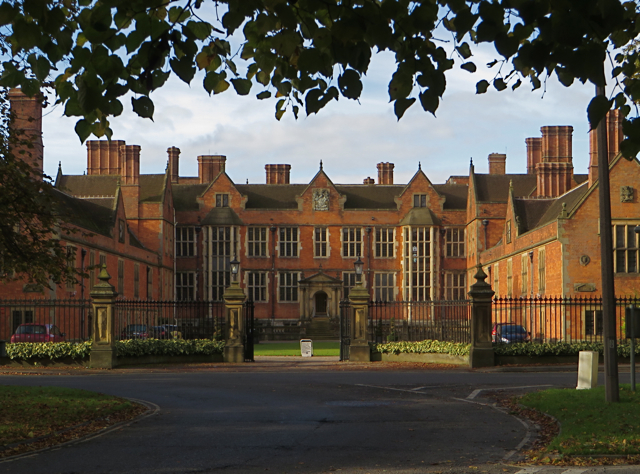Vice-Chancellor Charlie Jeffery participated in a live Q&A on Monday night to address a range of student questions on the upcoming strike action.
The Instagram Live was hosted by York University Student Union (YUSU) President Pierrick Rogers, and will be available to watch with captions later this week.
Throughout the event, Jeffery addressed a number of concerns students had sent in, focusing on student awareness, assessment mitigation, the anticipated marking boycott and his hopes for resolution.
Being by laying out a clear background on the strikes, Jeffery noted the parallel conflicts at play on the national stage. First is the annual pay and conditions negotiations through which the University and College Union (UCU) are hoping to raise pay and address conditions of casualisation and sick/holiday/maternity pay affecting staff.
The second debate is around pensions, which are addressed every three years, with this round appearing to reduce the benefits staff receive.
Jeffery then went on to address a primary question of Pierrick’s: Will the strikes be resolved and what solutions do you see?
Jeffery argued that a resolution is necessary, however getting all the different national universities to agree is proving difficult. He feels that unions and universities “talk past each other, rather than with each other.”
He described how, “(Solutions are) stuck in the very near term, not looking at the deeper drivers of these disputes.” before highlighting the failing national system.
“(There is a) Broken system for handling undergraduate study.”
He noted the need to work with the government throughout the upcoming election, to find ways to fund undergraduate study and “allow us to pay staff the money I think they deserve.”
Facing a series of common questions from students now, Jeffery began by explaining the discrepancy between the new student centre and staff wages. He explained that the money being used to build the student centre acts like a mortgage to build something which will last “30, 40, 50, 60, years.”
Such money, he says, can’t be used on an operational basis for staff wages.
He highlighted national nature of the strikes, confirming there is no local dispute at play this term, before describing how he hopes to bring York’s campus union ideas and implementations to a national level, “I hope we can be a part of (the national forum).”
On student awareness, Jeffery wanted to note the two way communication process and the Frequently Asked Questions being sent to all students through continuous communications. Regarding striking staff member’s pay Jeffery described the YUSU fund this money will be collected into, likely to help students through the cost of living crisis.
When asked about mitigation for affected teaching Jeffery was eager to disrupt the assumption that all classes will be cancelled: “Go to your class, do not expect that you will lose teaching.”
Regarding assessment of any missed classes Jeffery reiterated the University’s long-standing policy that missed teaching will not be assessed.
Addressing a question on students having paid for missed education, Jeffery was sympathetic.
“I don’t want anyone to be in this situation.”
“There are national level processes which are failing.”
Wrapping up the Q and A, Rogers asked a final question on an expected marking boycott and what steps may be undertaken if that does occur.
Jeffery responded that while this boycott is not happening currently, a discussion may occur. The UCU would need to ballot first and there are “a few steps until that point”.
But once again Jeffery hopes to “find a way” and the focus now is on “eliminating the threat of disruption in the future.”
This interview follows an opinion piece Jeffery wrote for the Financial Times entitled ‘How to solve the problem of university strikes.’
The UCU begin striking this Wednesday, with many dates planned for the rest of the Spring Term.
